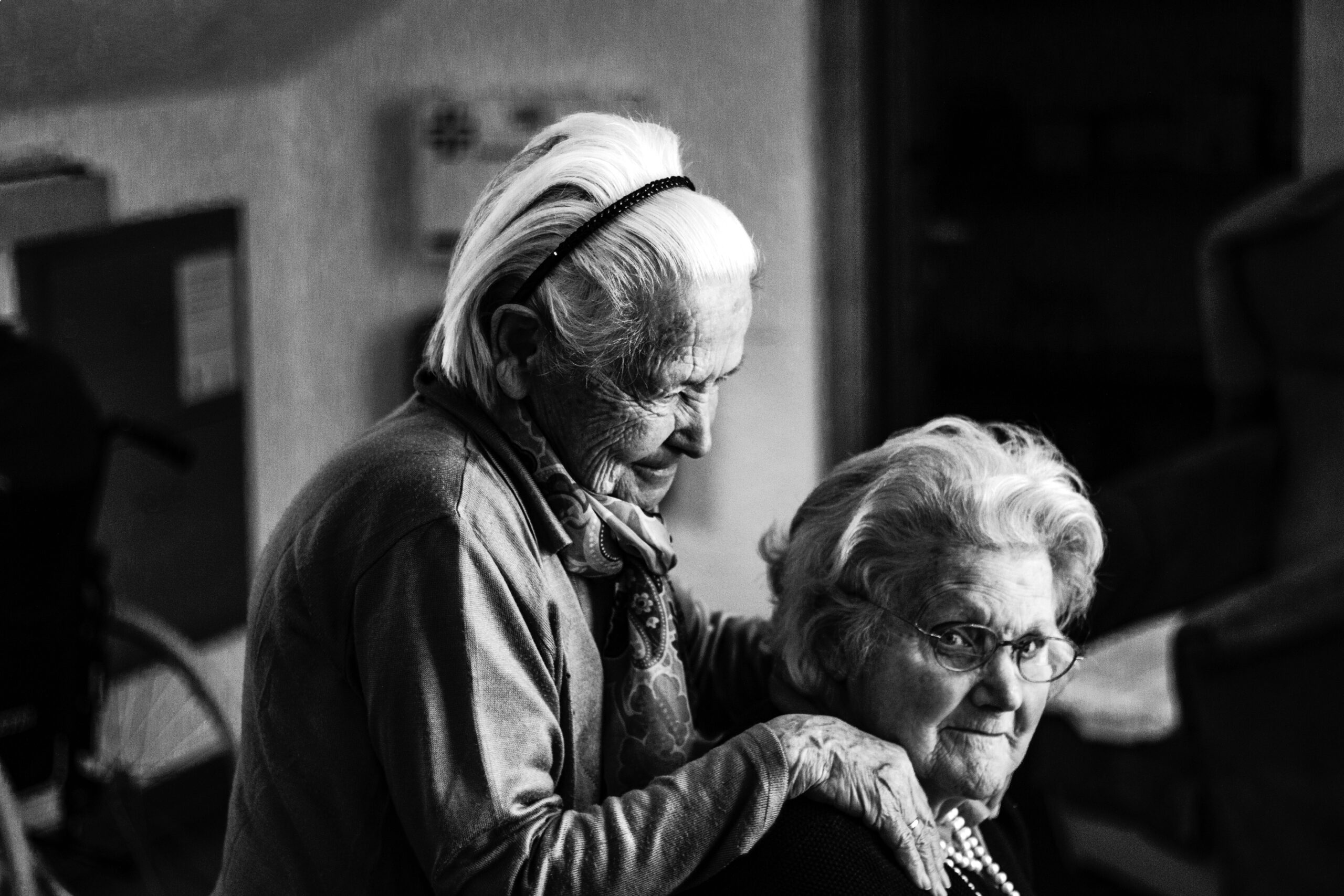Courage is not the absence of fear, but rather the judgment that something else is more important than fear
Fuelled by a mix of empathy and frustration — and funded only by the local community — Woodend woman Cherry Servis is starting a dementia respite care centre in what could be the first of its kind.
Key points:
- Two rural communities in Central Victoria have taken on ambitious missions to establish innovative dementia-friendly spaces
- The number of Australians with dementia is expected to double over the next 35 years
- Carers say they are being forced to come up with innovative community solutions, due to adequate services not existing
It could be the first community-operated and owned dementia facility in the country, with most respite services part of private aged care facilities.
Ms Servis looked after her husband with dementia for 15 years before he died in 2014.
“When you’re a full-time carer, you can’t walk away,” she said.
“It’s mentally and physically exhausting. You get very little sleep. It was an extremely exhausting time.”
The respite care centre will aim to look after people with dementia for anywhere between one hour to a full day to give carers a break.
She hopes it will, one day, secure government funding to expand to provide overnight respite.
“Most carers find that they’re so isolated. They don’t talk about it. It’s a strange situation, being the carer of somebody with dementia,” Ms Servis said.
The Woodend Lifestyle Carers Group is now busy designing the building that will go on the donated land north of Woodend.
Like everything else that has gotten the project this far, the land has been donated by locals supporting the cause.
Ms Servis has put countless volunteer hours into the project.
“I don’t want carers to go through what I went through. If carers are going to survive, they need this.”
Failed dementia village prompts calls for aged care overhaul
Up the road, plans for a dementia village in the Central Victorian rural town of Heathcote have just come to a halt after nine years of planning and campaigning.
Community group Advance Heathcote Peter Maine said they had been unable to secure an aged care operator.
“They came to us and said, ‘ Look, we can’t get a straight answer out of the government on funding, so we’re going to have to pass because we just can’t make the numbers work.'”
Advance Heathcote has put the land proposed for the dementia village up for sale after potential operators withdrew from the project.
“They said, ‘We think the project’s fabulous, we think what you’ve done is absolutely extraordinary, but unfortunately circumstances don’t allow us to pursue.'”
Mr Maine said there needed to be a “fundamental rethink” of aged care in Australia.
“There was a wonderful opportunity here for the government to actually pick up on it and go, this is quite something … having a fully integrated dementia village integrated into a town environment.
“We’re talking about people, depending upon their level of sickness, being able to move within the community.”
Education an issue
Dementia Australia CEO Maree McCabe has commended both communities on making dementia support a priority.
“I’m so inspired by that. I love to hear people are doing things like this. It is fabulous. We know the physical environment can have a significant impact on people living with dementia.
“This isn’t just a government issue. This is a health system issue. It’s a community issue.”
She’s called for more government funding for targeted support, with dementia the biggest health issue for Australians over 65.
“We’ve got about 400,000 Australians living with dementia. By 2058, without a breakthrough of some sort, we expect around 800,000 people will be living with dementia. There won’t be anybody in Australia not impacted in some way.”
Ms McCabe’s also urged health professionals to be better educated about the disease and for dementia care to be better integrated into the healthcare system.
“Healthcare staff are under-educated when it comes to dementia. I think it’s one of the biggest challenges we face. And it is difficult for healthcare staff to keep across all of the information that they need.”
But, she said the greatest concern was that aged care staff were not well supported with the information that they needed.
“Around 70 per cent of people who are residents in aged care with dementia. We need to make sure that they’re supported with the best possible information and knowledge.”
Source: https://www.abc.net.au/news/2023-03-05/dementia-care-regional-communties-develop-solutions-/102049190




